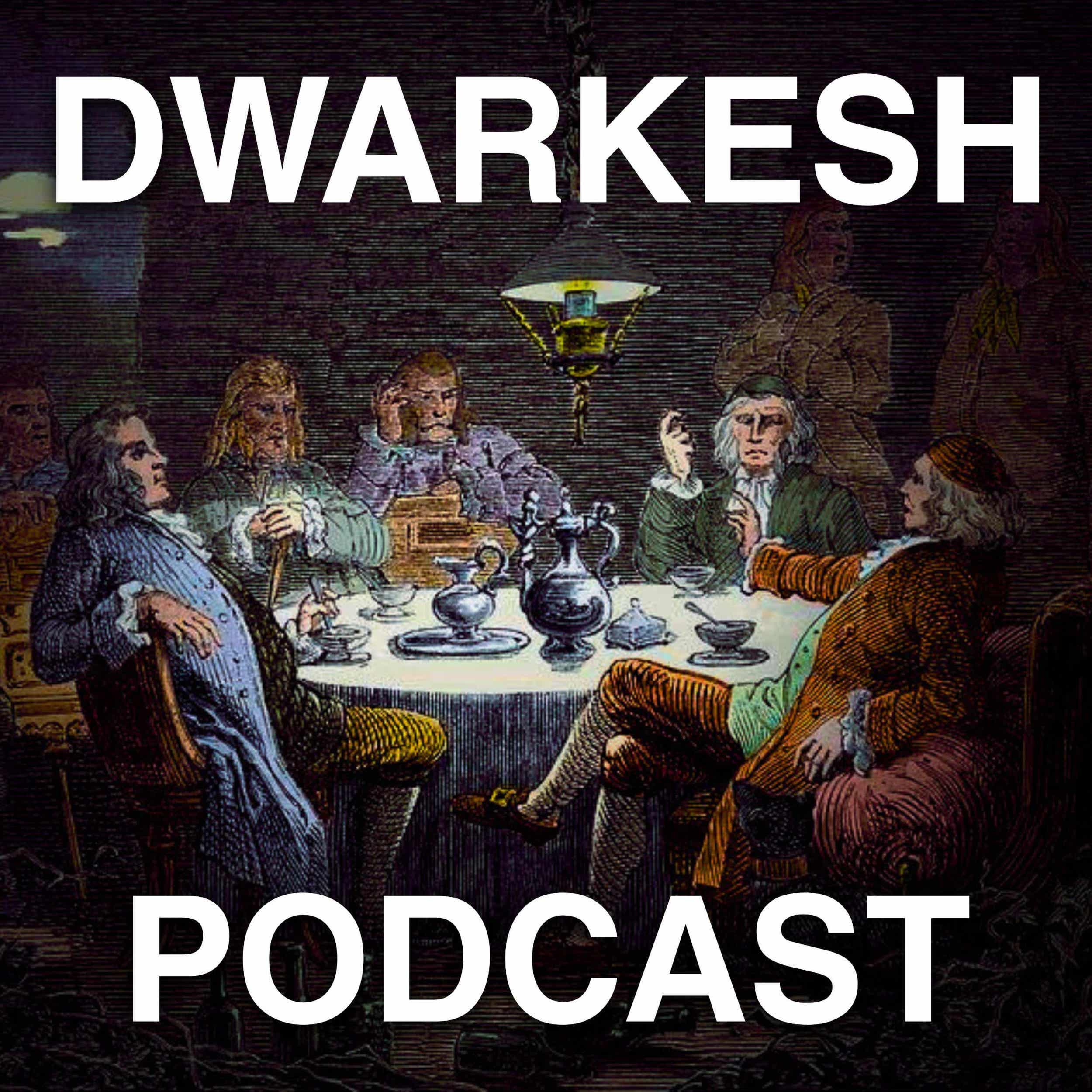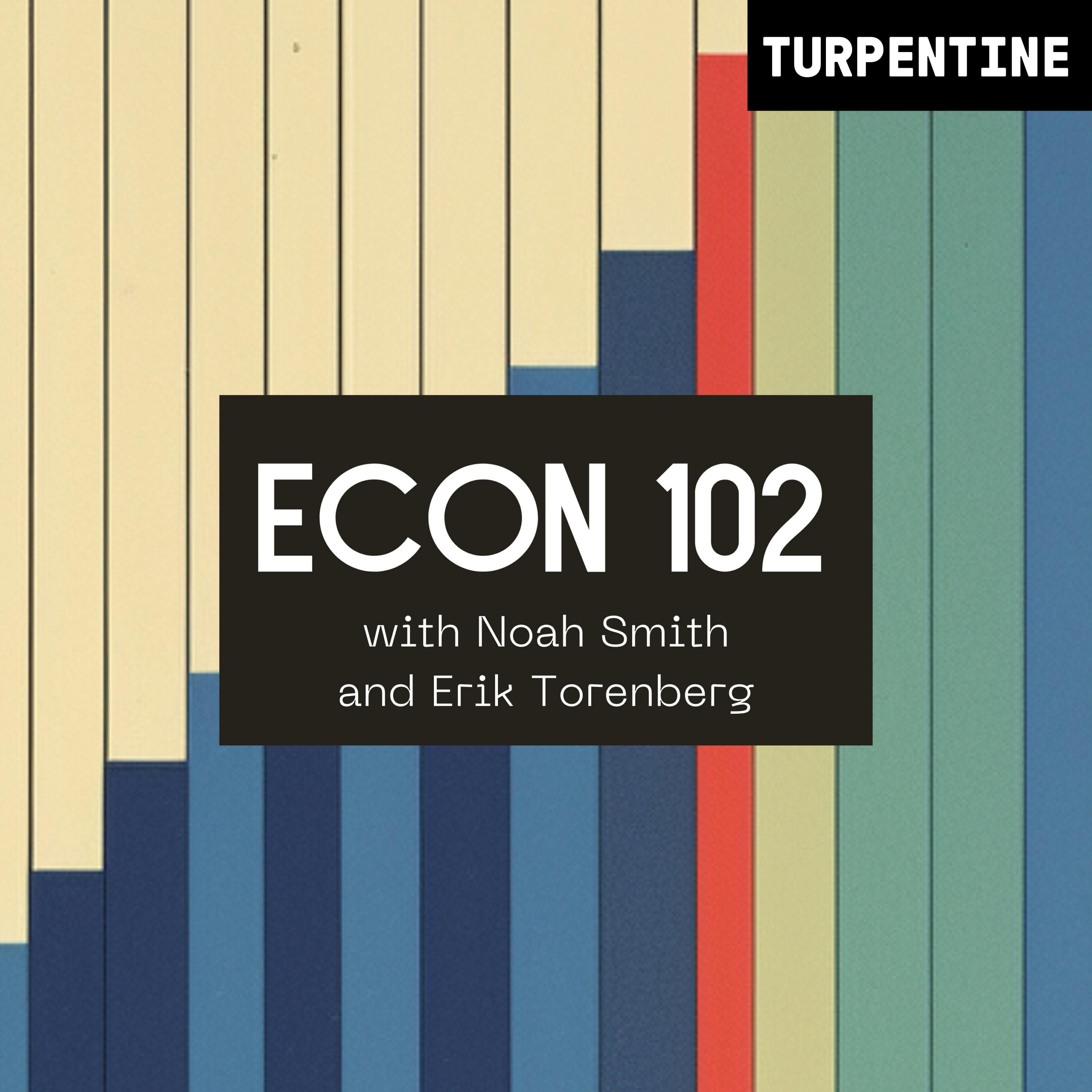PortalsOS
Related Posts
Vote to see vote counts
The analogy of sexual recombination to a GitHub repository highlights how evolution organizes genetic changes systematically. Just like a maintainer merges sensible changes, evolution drives beneficial genetic variations to fixation.

Nick Lane discusses how uniparental inheritance of mitochondria increases genetic variance between cells, allowing natural selection to favor those with fewer mutations.
The potential consequences of first-cousin marriages include tragic genetic disorders, as illustrated by personal stories from affected families.

A federal ban on first-cousin marriages in the United States is proposed as a means to protect children from genetic disorders and preserve Western civilization.

The fertility crash worldwide is attributed to technology, particularly phones, which have changed human interactions and desires to perpetuate the species.

There is a belief that the current generation may be the last of pure humans due to rapid technological advancements.
Ursula Mitfock's research suggests that the slower growth rate in females, due to the need to preserve oocytes, may contribute to their longer lifespan compared to males. This pattern is observed not only in humans but also in other species like Drosophila.
Public health experts in the UK are considering the normalization of incestuous relationships, which is seen as a concerning development linked to multiculturalism and mass migration.
The necessity of large genomes in multicellular organisms is driven by the need to minimize genetic conflict between cells, ensuring that all cells work towards the same goal of survival and reproduction.
Nick Lane explains that the Y chromosome is degenerate and has lost many of its genes over time. Despite this degeneration, it remains functional because it only needs to maintain a few key genes, such as the SRY gene, which influences growth rate.